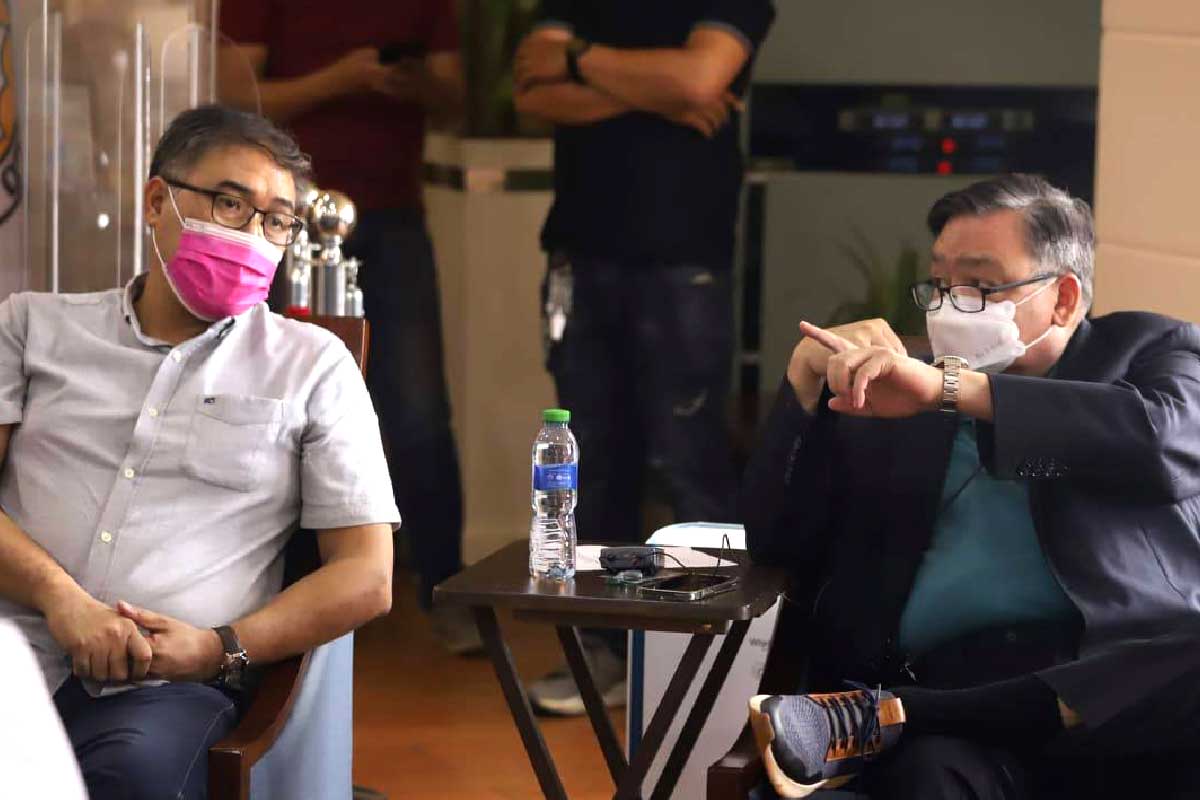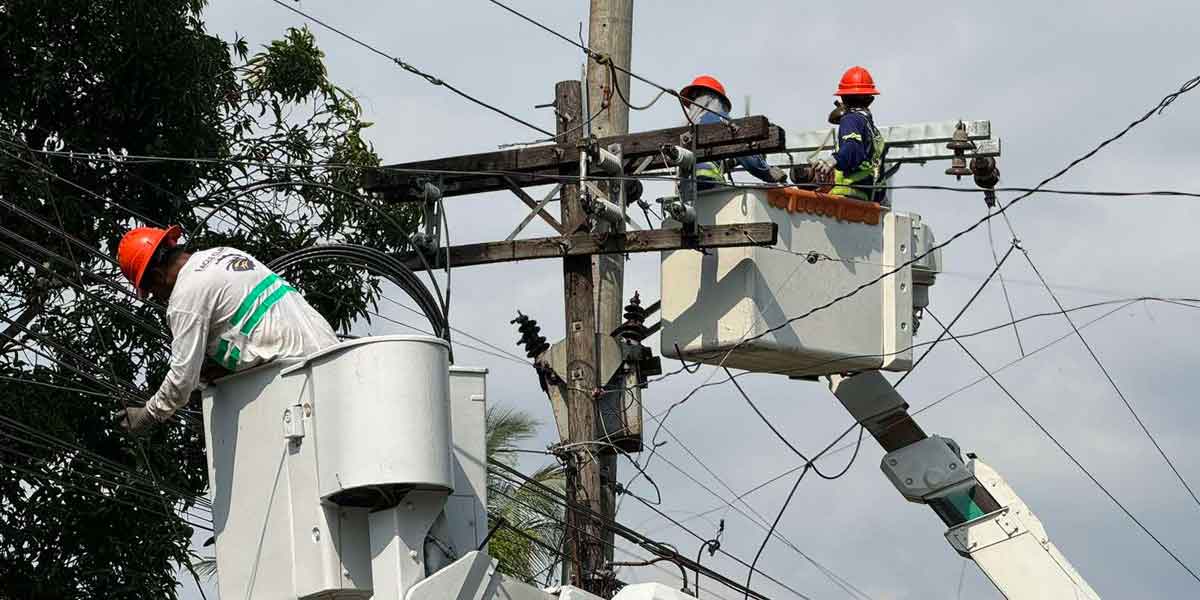
By Joseph B.A. Marzan
Iloilo City Mayor Jerry Treñas said he was not bothered by a report from Quezon City-based firm OCTA Research flagging the city as an area of special concern because of rising COVID-19 cases.
In a text message to Daily Guardian, Treñas said OCTA’s numbers were inconsistent with theirs, which are based on data by the Department of Health (DOH).
When asked how he felt about the OCTA report, he gave a short reply, “Sige lang. Anhon mo, damo bright.” (Okay. What can you do, there are many bright people)
OCTA tagged the cities of Davao, Iloilo, Baguio, and San Fernando in La Union as “areas of concern” for COVID-19 due to increasing cases, high incidence rate, and healthcare utilization rate (HCUR).
OCTA Research’s latest monitoring report on July 2 noted an uptick in the city’s new cases with an average of 103 cases per day between June 25 and July 1. This was a 38 percent change from the previous average of 75 and an incidence of 21.73 cases per 100,000 population.
The same report also indicated that 78 percent of hospital beds and 94 percent of Intensive Care Unit (ICU) beds in the city were already occupied.
The city’s high medical care utilization rate is also the reason why the national interagency task force on the management of emerging infectious rejected the appeal of the City Government to deescalate its quarantine status to the General Community Quarantine.
OCTA also raised alarm over low testing rates in the city which are only at 20 percent.
The city ranked second to Davao City in OCTA’s latest ranking. Baguio City (8th) and San Fernando City, La Union (12th) were also tagged as areas of special concern outside the National Capital Region (NCR) based on the growth in COVID-19 case numbers and use of dedicated beds.
“Iloilo City also had an increase in new cases after a period of decline, while its hospital utilization remained high,” the research group noted.
The cities of Iloilo and Davao have been placed under the stricter modified enhanced community quarantine (MECQ) until mid-July.
OCTA fellow Prof. Ranjit Rye previously told Daily Guardian that their monitoring reports were also based on DOH data.
The DOH-Western Visayas Center for Health Development (DOH-WV CHD) on Monday reported that as of June 27, Iloilo City was under the ‘Moderate’ risk column for a decline in both growth in COVID-19 numbers and daily attack rates.
Daily Guardian has reached out to COVID-19 Task Force point person Dr. Roland Jay Fortuna for the city government’s official data, but he has not responded as of this writing.
Western Visayas’ other highly urbanized city, Bacolod City, was also ranked 3rd in OCTA’s report, with a daily average of 93 cases from June 25 to July 1, a -3 percent drop from the previous 96 cases per day, as well as hospital bed use of 57 percent, ICU bed use of 67 percent, and a testing positivity rate of 27 percent.
On Friday, Department of Interior and Local Government Undersecretary Epimaco Densing visited the city and attended the Iloilo City COVID-19 task force meeting with Treñas.
Treñas said Densing joined the meeting to see what is happening on the ground.
“Iloilo City continues to fight the pandemic, and we are extending all our efforts to ensure the safety of the community. People are hungry and the mental health of the Ilonggos is affected, and we are hoping that the National IATF will help and join us in finding a balance for Iloilo City without compromising our economic recovery,” he added.
On Thursday, Treñas issued an executive order allowing certain businesses operate at limited capacity in a bid to revive the economy.
The DILG regional office earlier called out the mayor for issuing an executive order that deviated from quarantine protocols imposed by the national government, particularly by allowing certain businesses to operate amid the MECQ status.



















